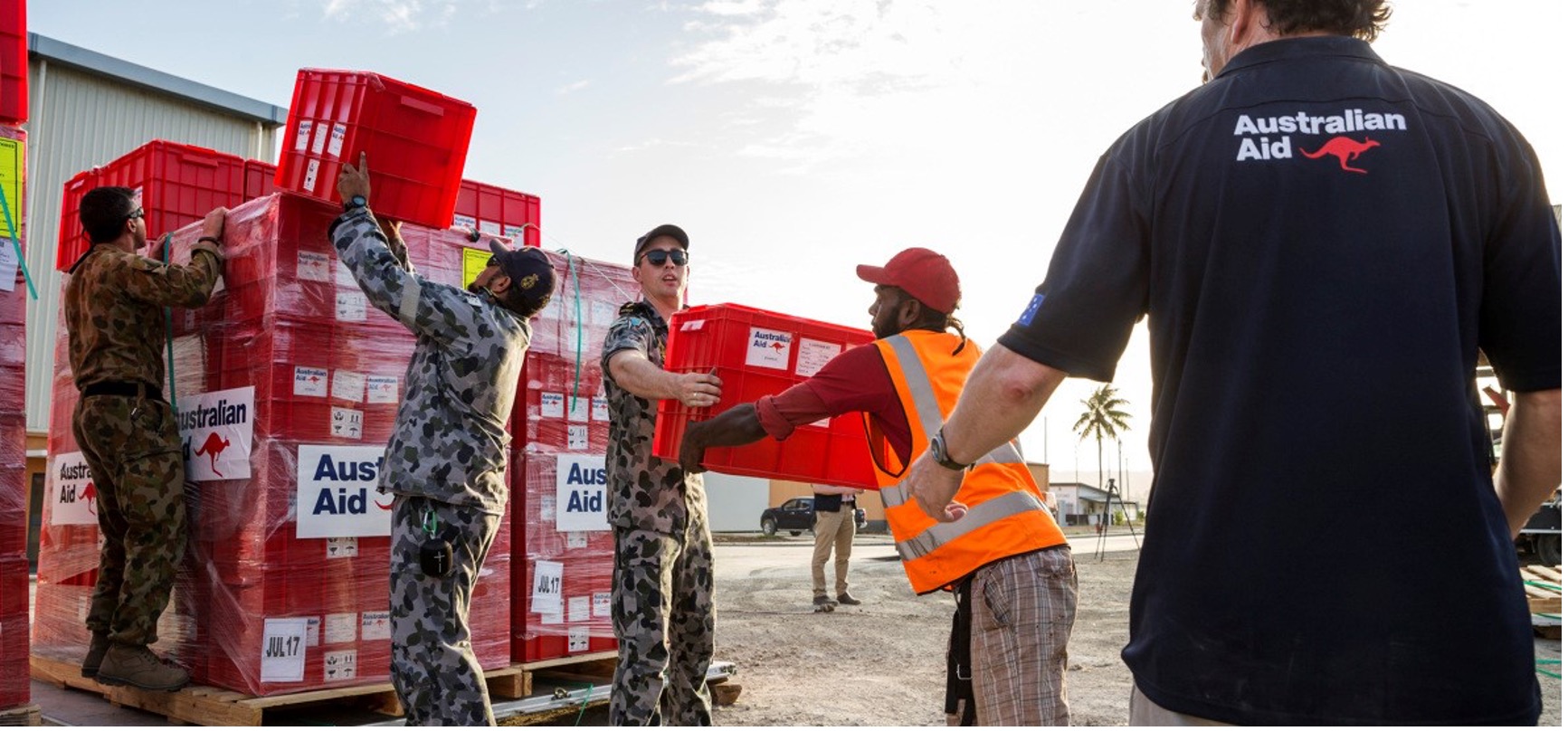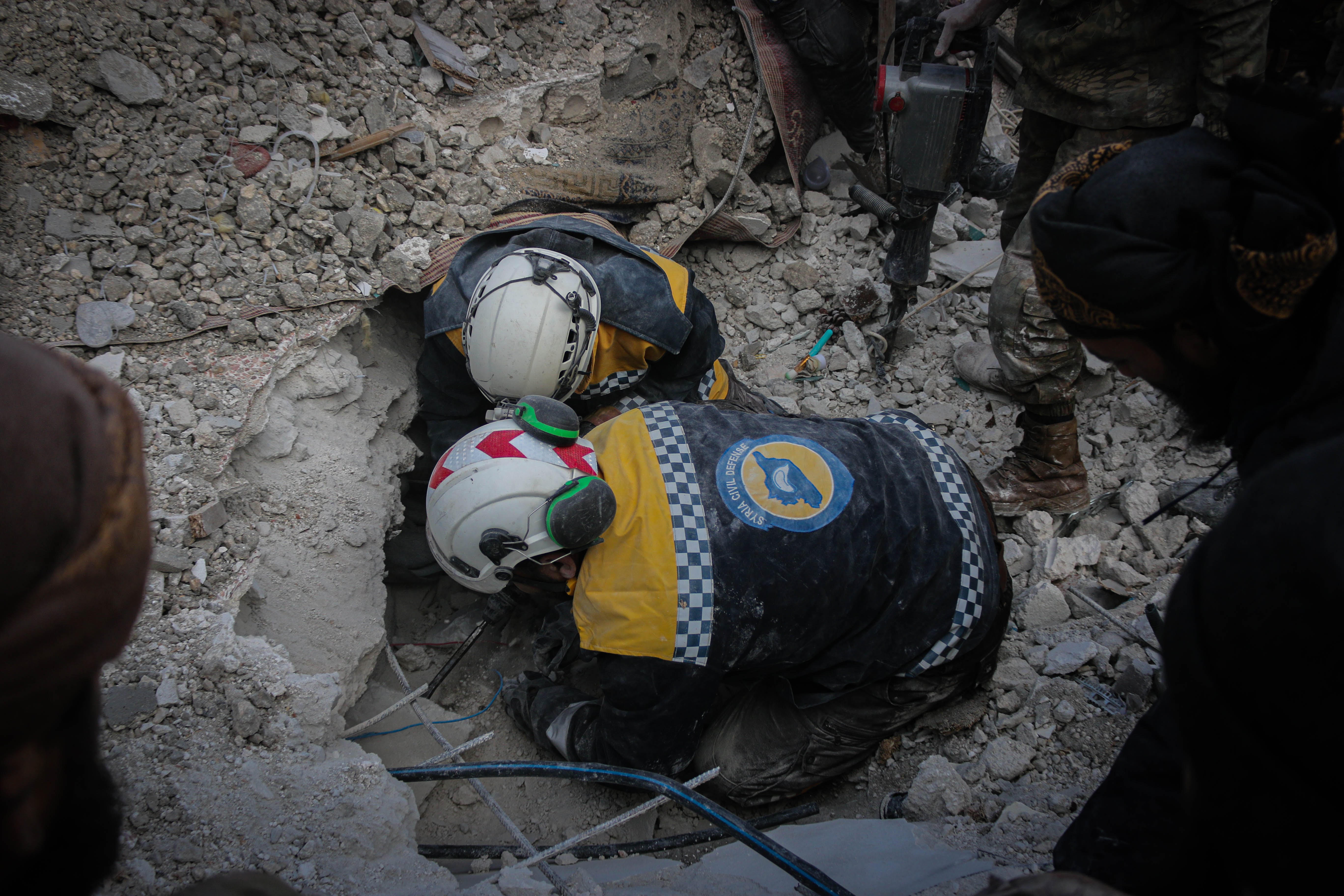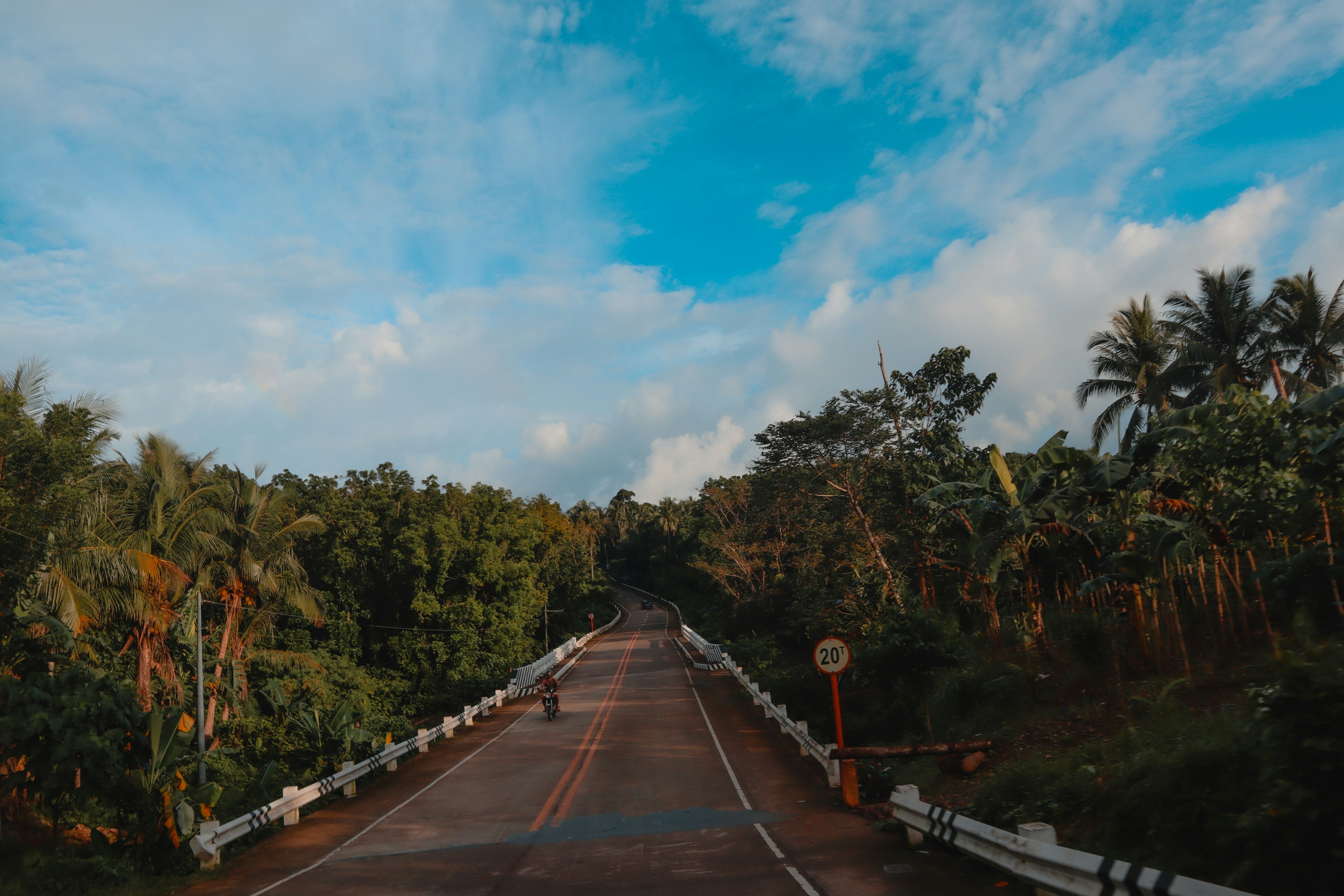Overview
During the current period of international emergency, governments across the political landscape, from democracies to dictatorships, are calling on their military to help battle the COVID-19 pandemic. Though an overlap does exist, specific military aptitudes do not automatically “plug in” to civilian emergency-service capabilities. Armed forces are trained and mandated for traditional conflict-ridden environments, therefore the military is not always structured to work effectively in support of civilian emergency services. Whilst the pandemic presents an era-defining challenge to public health systems and the global economy, the military’s contribution is worth analysing for what it may reveal about civil–military relations in a post-COVID-19 world.
The coin – mobilising the military
The developing pattern where the military and police enforce government lockdowns and social distancing measures to contain the spread of COVID-19 has been the standard working arrangement of most nations. It is a noteworthy measure for a government to call upon the military, and a sign of the gravity of the situation. The military is obviously not the answer to the pandemic but does play an important role in dealing with the crisis.
Although UN guidelines state that military assets should be called upon only as a last resort to respond to sudden-onset natural disasters, in many countries, the military has become the “first resort” during emergencies. Military personnel where a coming sight in recent catastrophic disasters such as Hurricane Katrina and Boxing Day tsunami, with most nations having the necessary legislation set up that enables the utilisation of military assets to help civilian personnel in non-military emergencies. The active presence of armed forces can also have a powerful impact on the nation’s psychological defence against the virus, helping to provide some reassurance that the state is fully engaged and that all resources available are being mobilised.
At the most fundamental level, the military has a national command network with a considerable pool of trained personnel, including reserves, that can be activated and deployed to support civilian frontline services in a very short space of time. Some armed forces have gained considerable experience in dealing with crisis planning and emergency response, making them a suitable institution to supplement civilian response efforts. Importantly, for military personnel to succeed in their objectives requires possessing certain characteristics, perspectives and outlooks which give them an edge when under pressure during rapidly evolving events.
There are not many organisations as competent as the military at designing and implementing rapid responses in challenging environments with the ability to effectively convey resources to real time threats. Numerous civilian organisations tasked with crisis management have learnt from and implemented the processes adopted by armed forces and would do well to continue to emulate and nurture those qualities in their own structures.
Heads – Acting in the public’s best interest
With population of twenty-five million, an internationally associated economy, a strong urban population, and one of the most visited countries globally, Australia is considered one of the few nations worldwide who have done relatively well in its response to the pandemic. Australia’s advantageous geographic location has been an obvious empowerment in the nation’s ability to stop the spread of the virus, allowing the nation to close itself from the rest of the world, preventing the possibility of new sources of the virus entering the country. However, one other factor has had a significant impact in Australia’s successful response, that of public trust. Both trust in the competency of the Australian government, and trust in our national security institutions to act in the public’s best interest.
In general, Australians have a collective communal spirit, in spite of the fact that as of late the nation has also been susceptible to a weakening social fabric that has befallen the western world. Yet, much in the same way as the “Black Summer” bushfires, the pandemic appears to have galvanised Australians to act for the greater good of the country. Whilst the revolving door of political leadership over the last decade has meant Australians are becoming apathetic towards our representatives in government, it does have an instinctive trust of our military personnel. The public, especially in democratic countries, are welcoming of military personnel involvement in a domestic emergency, and are more likely to heed the advice of relevant experts due to the perception that this is a serious emergency if the military needs to be called out.
Additionally, the evolution and significance of the “ANZAC spirit” tends to capture the hearts and minds of Australians. This is especially true in times of national crises where Australia’s national character is displayed through acts of great courage, endurance and mate-ship. We must not underestimate the significance of the 2019-2020 summer bushfires on the positive public perception of our military during a domestic crisis. The frontlines of that summer was behind the fire line and the Australian Defence Force (ADF) part of the front-line response. Operation Bushfire Assist is one of numerous accounts of heroism to rise up out of what has been named “Australia’s war”. Since the bushfires, there have been calls from Canberra for our armed forces to have a greater role in civilian emergencies. Whilst the ADFs role in the response to COVID-19 doesn’t permit powers to conduct enforcement activities, the goodwill associated with the ADF due to their bushfire efforts has enhanced public acceptance towards their increasing presence supporting civilian law enforcement agencies.
Generally, societal trust for a nations armed forces frequently surpasses trust in other institutions in democratic countries. Public faith in the military allows civil leaders to confidently call on the armed forces to support emergencies without the community fear or anxiety that may typically associated in less democratic countries. In western and global north countries, the public has very little to fear of military abuses in the domestic arena, and has high regard for military values and standards. Typically, the military in democratic countries has a subordinate relationship with its civil authorities, providing advice to our elected officials. Whether or not the advice is taken on board, communication between the military and our civilian leaders must be based upon an established relationship built on trust. Public confidence in our armed forces is born from this relationship of trust.

Image credit: Michele Spatari/AFP-GettyImages
Tails – Historic trust deficit
Whilst Australia’s military involvement has been welcomed, the pattern of military involvement during the pandemic largely mirrors the political diversity of the world. As the focal point of the COVID-19 pandemic moves quickly, and continues to overrun health systems in the global north, it has become apparent for nations in the global south that enforcing lockdowns is their best bet to manage the crisis.
From South Africa to the Philippines and India, governments have deployed forces to enforce strict restrictions on movement. However, the reality in less democratic nations, particularly where security forces generally have had a not so friendly reputation with the population, the call out of armed forces remains a less than desirable situation for many citizens. For many communities in the global south, the deployment of armed forces brings back memories of military-enforced state of emergencies during political coups and civil unrest. The uneasiness when officers with weapons show up in an already tense environment cannot be underestimated in communities who traditionally feel targeted by state security.
We cannot ignore the amazing work done by armed forces in numerous parts of the world as peacekeepers and in response to natural disasters. Yet, we cannot assume that militaries have always acted in the interest of the population they are meant to protect and serve. Historically, particularly in third world nations, the military has often been accused of inciting conflict during fragile times, leading to mass atrocities. For citizens in Syria, Myanmar and South Sudan, to trust that today the same military accused of committing atrocities on its own people is now relied upon to come to the defence of the population against the pandemic is highly unreasonable. The reality is that a systemic and deeply entrenched trust deficit between the military and communities persists in many parts of the world which cannot simply be reversed in a short space of time.

Image Credit: AFP
“Militarising” civilian responses in a post-COVID-19 world
In most countries, armed forces are likely to remain in a supporting role during the pandemic fitting in with recommended guidelines and best practices to civil-military engagement during disasters. Yet, the worldwide impact of the pandemic has raised discussions that the world cannot go back to a pre-covid-19 era. If this reasoning is true, then it presents many questions about the nature of the change.
In countries without robust civil response capacities and ineffective political leadership, placing the military in control is not the most sensible arrangement in a civilian emergency. The choice to bring in the military to support under pressure civilian institutions partly reflects fears of a weakening social contract between the state and its population. As citizens look to national governments to protect them, this environment of fear and anxiety created by a pandemic can be manipulated by authoritarian leaders to sway public discourse that this kind of mobilisation is a more favourable utilisation of military assets. Even more troubling, the relinquishing of civil liberties by the public, along with the strengthen of the state through new legislation, could mean leaders of less democratic governments will be disinclined to give up these new powers when the crisis is over.
For US-allied democratic countries that value civil rights, free speech, and an open and transparent government, the possibility that the pandemic may quicken a move towards a less open, less prosperous and less free post-pandemic society is a disturbing prospect. However, leaders may point to the overall success of lock downs and removal of some civil liberties in combating the virus as justification to continue to “militarise” civilian responses for future crises. Weaponising the pandemic to strengthen the state will bring about the reversal of hard-fought gains in civilian control and agency in many parts of the world.
Another way – A community-centred response
All over the world, governments of all shape and sizes have enlisted the help of their armed forces to provide crucial support to civilian institutions that are facing difficulties responding to the magnitude and seriousness of the pandemic. Currently, armed forces are being repurposed in many countries who are facing an uphill battle to control the pandemic. However, this repurposing cannot be isolated from a public health approach that puts communities at the focal point of the response.
Whilst armed forces do have mandates for aiding civil society in times of a domestic crisis, civilian agencies and community leaders are better suited for what is needed now. And what is needed now is community engagement by building the trust and confidence of those affected or at risk. Lessons from previous epidemics like Ebola note that increasing public trust and acknowledgement of measures like “stay at home” and “social distancing” requires strong community engagement in order to control the spread of the virus.
This can only happen when communities are put at the centre of the response. Communities need to know they are an ally in helping slow the pandemic, and not a source of the problem that needs locking down. It is only when communities comprehend the gravity of the situation, and recognise what is required to protect themselves and loved ones, will we see a well-rounded civilian-led response that diminishes the need to enforce military-led lockdowns.
Cover image credit: Jeremy Alford via Unsplash






